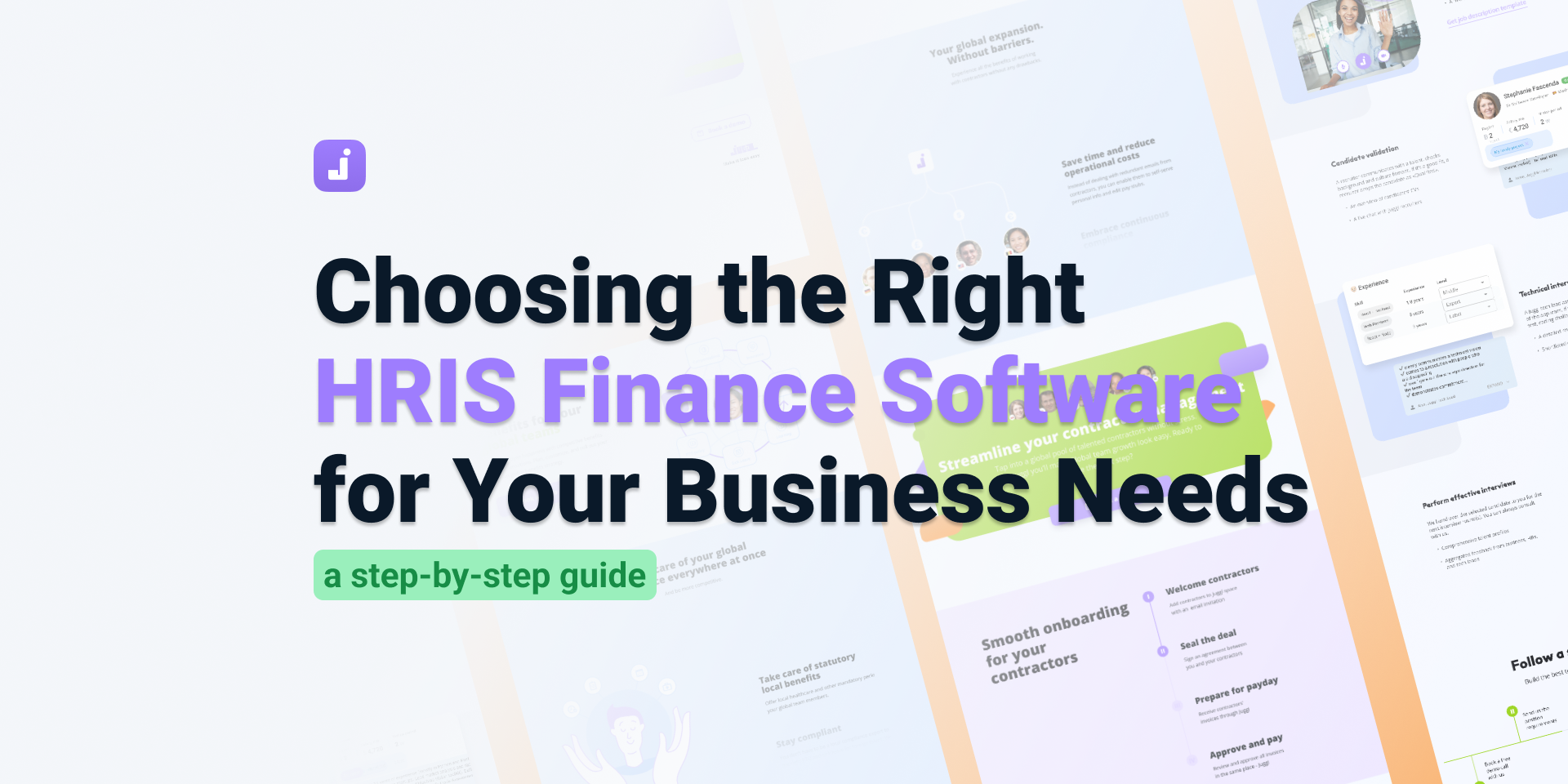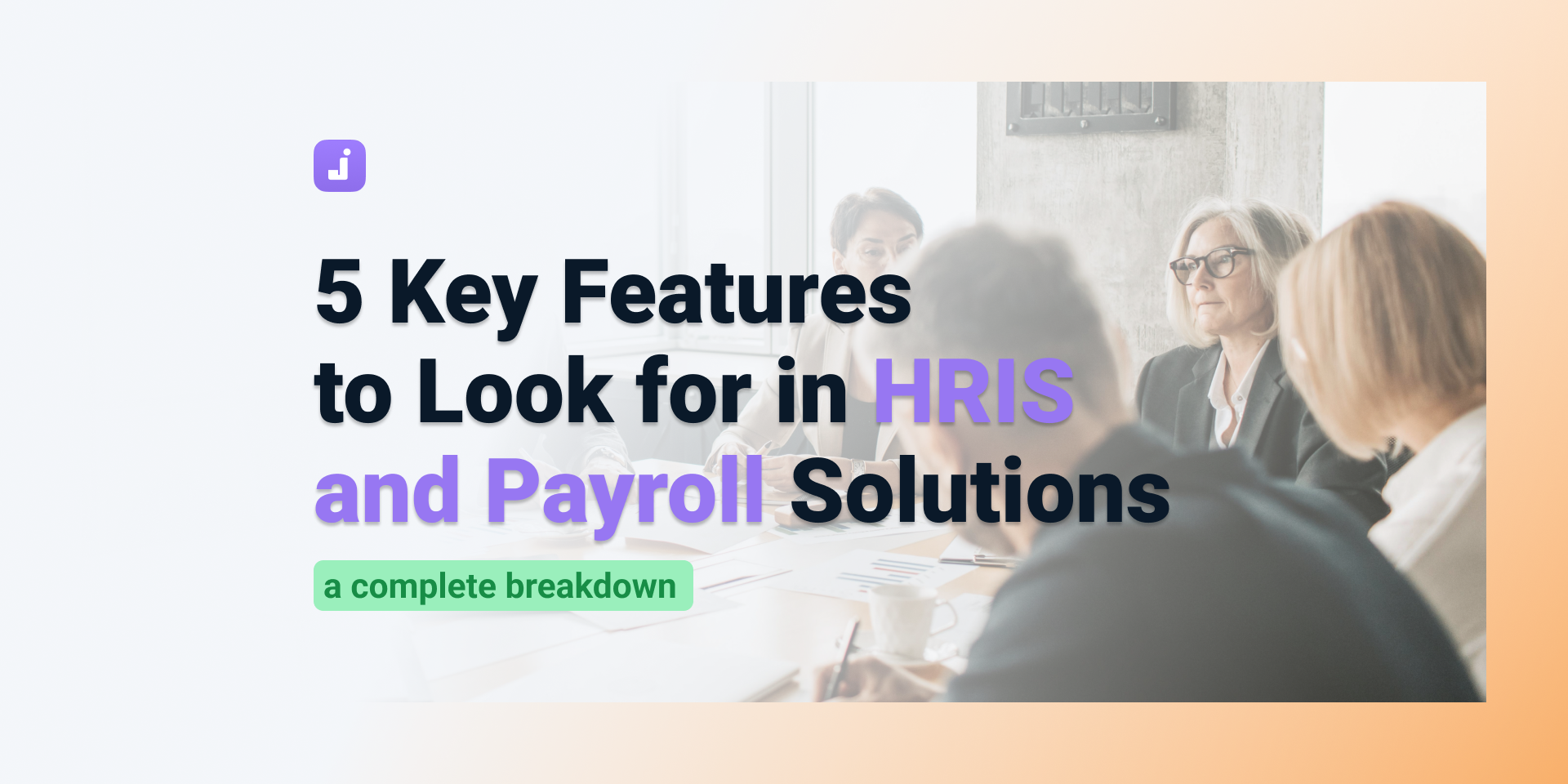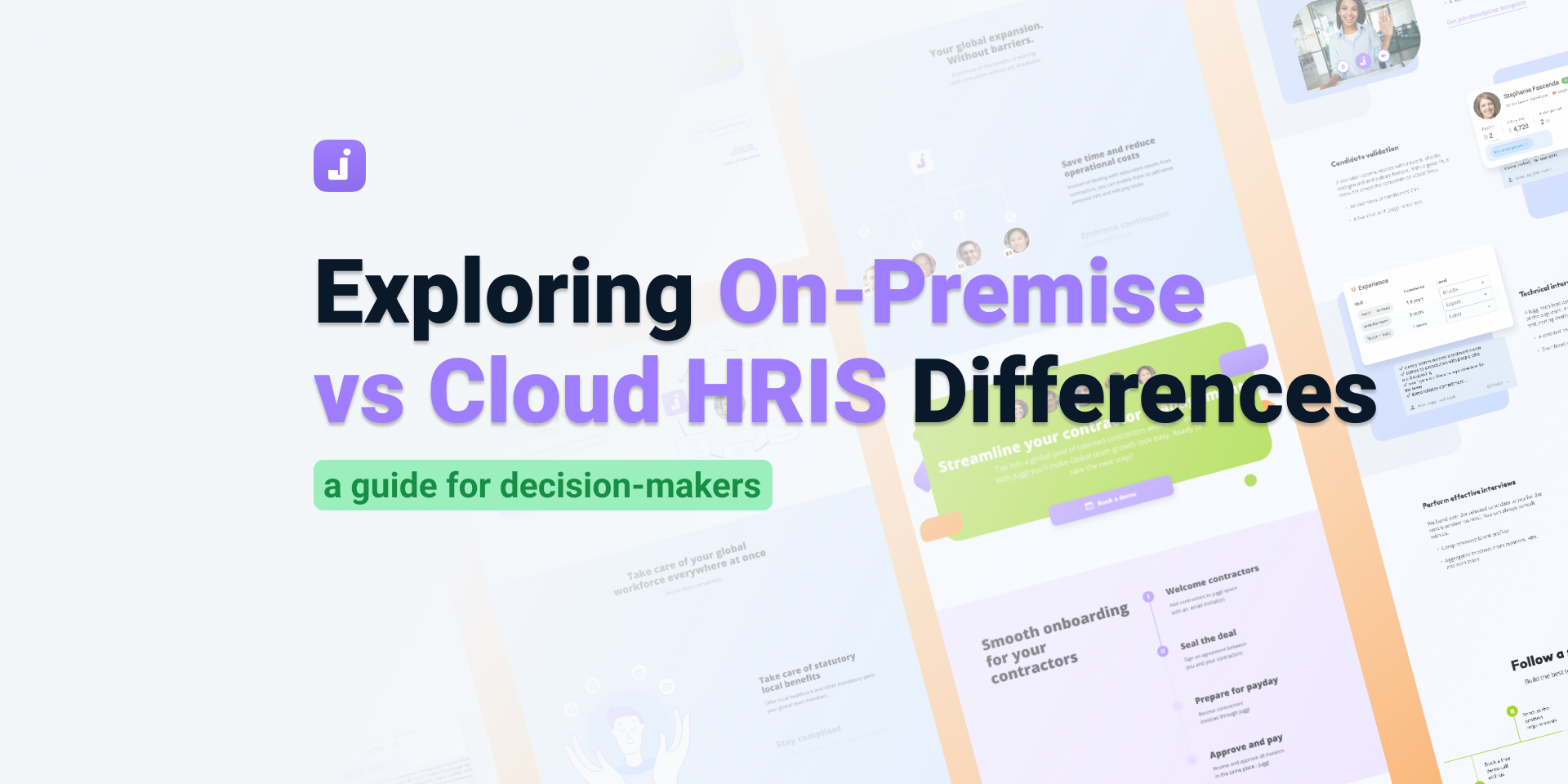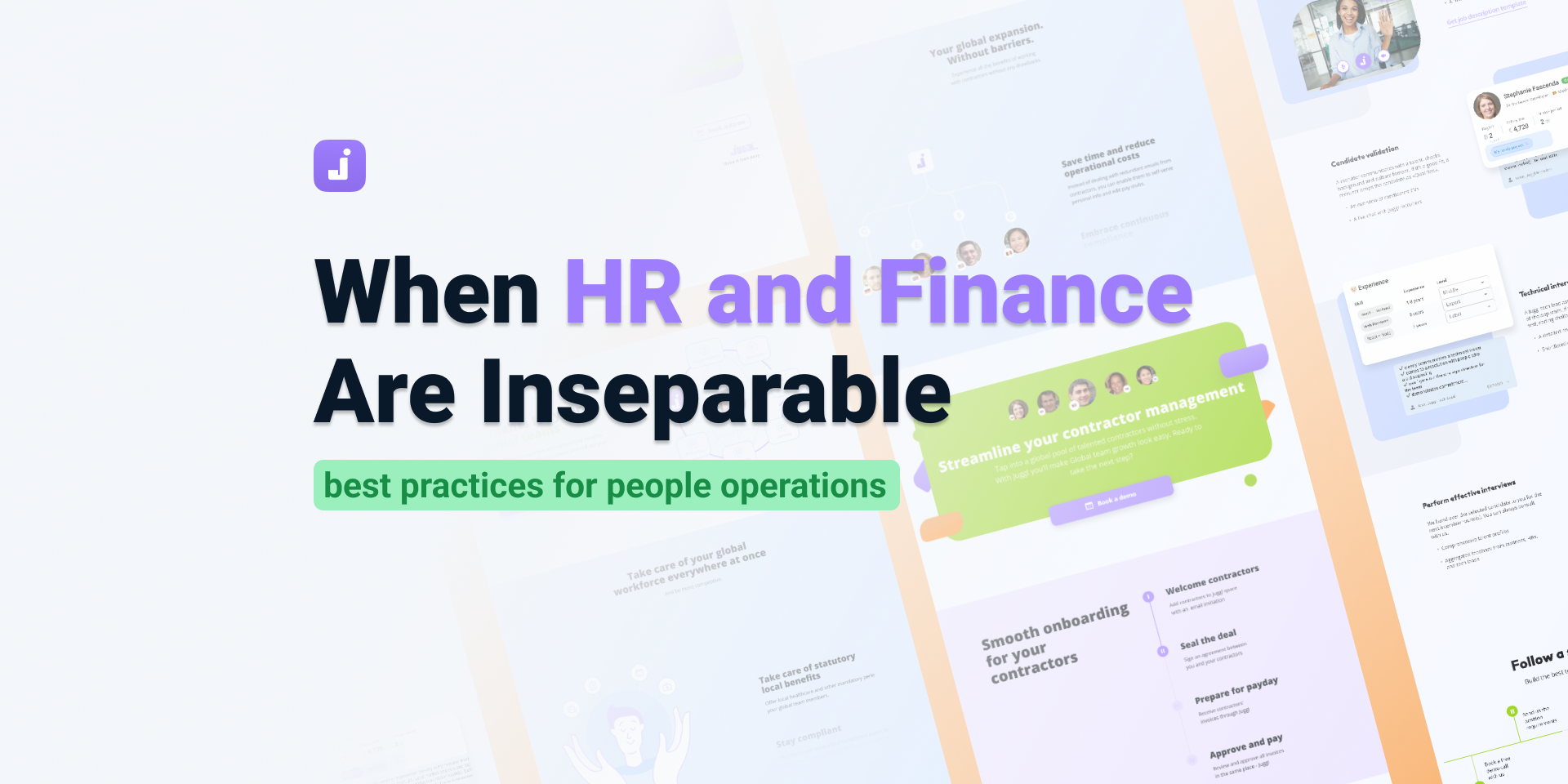5 Tips for Keeping Payroll Records [ with Checklist]
Mastering Payroll Record Keeping: Your Essential Guide
Nobody wants to face fraud charges or increased scrutiny when the auditors knock. Getting your payroll records in order is a must to avoid those headaches. This guide will cover five frequently asked questions about payroll records, offering practical answers to keep you compliant and stress-free.
Why Payroll Records Matter
Payroll records are crucial for companies in several situations:
- During audits, to demonstrate compliance with legal requirements.
- In disputes or lawsuits with current or former employees.
Whether using HR payroll software or relying on paper, maintaining accurate records is non-negotiable.
An efficient record keeping system helps prevent typical mistakes in payroll documentation turnover, such as:
- Incomplete payroll records: The lack of automated handling of full payroll data, including pay rates, work hours, and PTO tracking may lead to mistakes in payouts.
- Lack of backup and security – Storing payroll records in unsecured or non-backed-up locations puts sensitive employee data at risk.
- A messy storage of employee documentation – Failing to adhere to labor laws, policies, and tax requirements can result in fines and legal trouble after financial audits.
- Poor system integration – Manually tracking payroll across disconnected systems increases errors in employee payouts and inefficiencies.
- Not retaining payroll records long enough – Companies often discard payroll records too soon, which violates the legal retention requirements.
Payroll systems help avoid these pitfalls by using a centralized, automated payroll system that ensures accuracy, security, and compliance. For example, the Juggl platform solves all the five sensitive records keeping issues by providing:
- Automated tracking of work schedules, pay rates, accomplished tasks for employees and independent contractors
- Automated calculations of hours worked, overtime, and time-off payments
- Centralized storage of employee contracts, policies signed, and other crucial documents
- An Employee Self-Service Portal (ESS) where each employee can access their work hours and pay history, which enhances privacy and transparency for employees.
- Reports on the payroll history, covering expenses for each employee, project, team, or entity, which increases transparency and accountability for chief accountants and decision makers.
When companies switch from paper to all-digital records keeping, their payroll documentation may remind a pile of paper files, and making sense out of it seems next to impossible. By going through the checklist below step-by-step, you will be able to organize the fully digital payroll record-keeping system that will be future-proof and audit-ready.
What Payroll Records Should a Company Maintain?
Each country has its own unique set of requirements for payroll records. If you’re in the United States, here’s a checklist of mandated payroll records:
Personal Information:
- Full name
- Address
- Birth date
- Gender
- Occupation
- Social Security number
- Employment start date
Work Schedule and Hours:
- Time and day of the week when the employee's workweek begins
- Hours worked each day
- Total hours worked each workweek
Earnings and Deductions:
- The basis on which the employee's wages are paid
- Regular hourly pay rate
- Total daily or weekly straight-time earnings
- Total overtime earnings for the workweek
- Employee and employer contributions to taxes and benefits
Payment Details:
- Total wages paid each pay period
- Date of payment
- The pay period covered by the payment
Tax Forms and Filings:
- W-4 forms for withholding allowances
- W-3 form for transmittal of wage and tax statements
- W-2 forms for annual wage and tax statements
- 1099 forms for independent contractors
- 941 forms for quarterly and annual tax filings
Using payroll software systems can simplify the tracking and organization of these records, ensuring everything runs smoothly. See how Juggl can organize payroll record keeping for your company.
How Long Should You Keep Payroll Records?
The retention period for payroll records varies depending on federal and state regulations. Here’s a breakdown of federal guidelines:
- One Year Minimum:
- Data type: All personnel or employment records, including the personal data of an involuntarily terminated employee (kept one year from the date of termination).
- For more information, Check EEOC requirements.
- Two Years Minimum:
- Data type: Records related to paying different wages to employees of opposite sexes, such as wage rates, job evaluations, seniority, and merit systems.
- For more information, Check FLSA requirements.
- Three Years Minimum:
- Data type: All payroll records, personal employee information, and pay rates.
- For more information, Check ADEA and FLSA requirements.
- Four Years+ (After Your Last Completed Tax Filing):
- Data type: Tax documents like W-4s, payroll tax payments, and any W-2s that were returned undelivered.
- For more information, Check IRS requirements.
- As Long as Possible:
- Data type: Payment records for the retirement plan.
- For more information, Check FLSA requirements.
Keep in mind that state-specific requirements may vary. For instance, states like Massachusetts may mandate a three-year retention period, while New York could require up to six years for tax purposes. HR payroll management software can help you effortlessly manage these varying timelines.
How Should You Keep Payroll Records?
The system you use to maintain payroll records doesn’t matter as long as it’s compliant and accurate.
- For small firms, paper forms and physically signed timesheets may suffice.
- For growing companies, consider payroll HR software that offers unlimited digital record storage, secure cloud storage, or external hard drives.
Using payroll software systems allows for easier scaling as your company grows, ensuring that your payroll records are always organized and accessible.
How Do You Safeguard Sensitive Payroll Information?
Security is crucial when handling payroll data. Here’s how to keep your information safe:
- Implement Security Measures: Use encryption, secure passwords, and multi-factor authentication.
- Regularly Update Software: Keep your payroll software up-to-date to protect against vulnerabilities.
- Backup Data: Ensure regular backups of your payroll data to avoid loss.
- Employee Training: Educate your team on best practices for data security.
Using payroll processing systems with robust security features can minimize risks and protect your business from data breaches.
The Juggl platform is perfect for building a safe and secure payroll records-keeping system:
- The platform is built with bank-level security standards and is GDPR compliant.
- Additional security features for example, SSO integration can be implemented upon client request.
- Its compliance features can be extended by integration with other compliance software.
How Do You Keep Payroll Records Up to Date?
Maintaining up-to-date payroll records is essential for compliance and operational efficiency:
- Use Payroll Software: Choose a payroll software system that regularly reviews and reconciles payroll data.
- Identify and Correct Errors: Your software should help you catch and fix errors quickly.
Staying on top of these tasks ensures that your records are always accurate and ready for any situation, whether an IRS audit or a payroll dispute.
If you have any questions or want to build a seamless payroll system for your company, fill out the Book a demo form, and our team will guide you through a personalized interview, helping to find the right solution for your needs.











